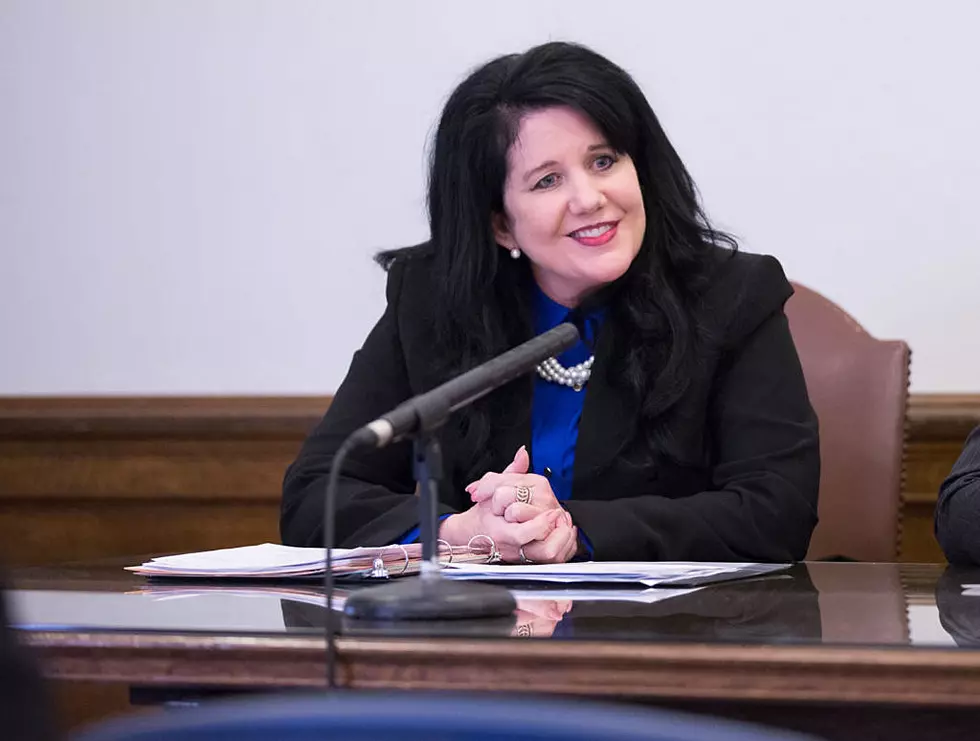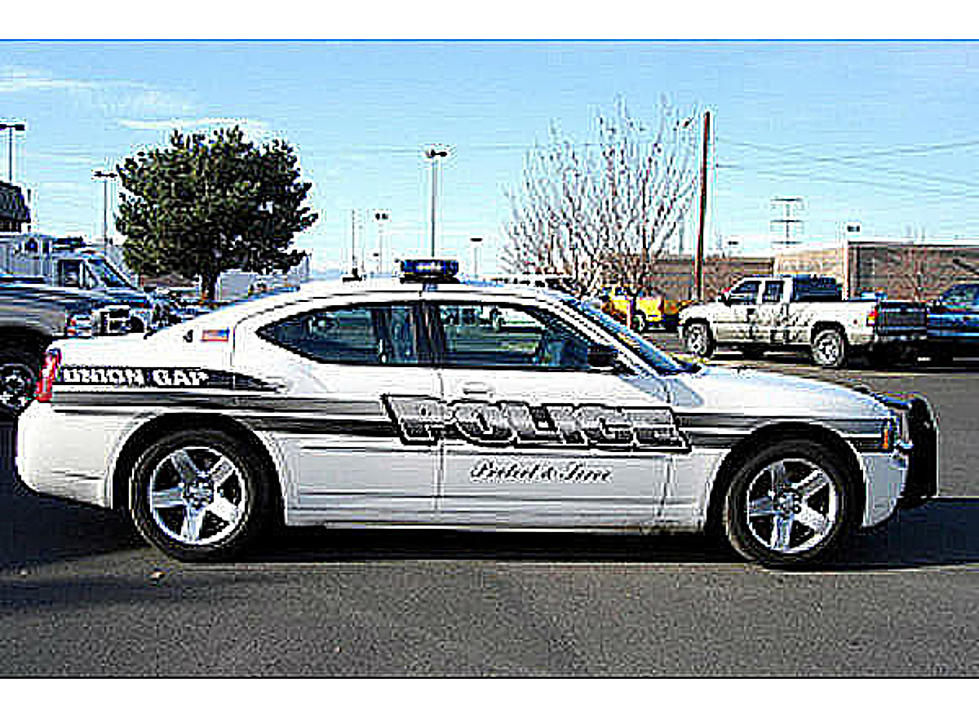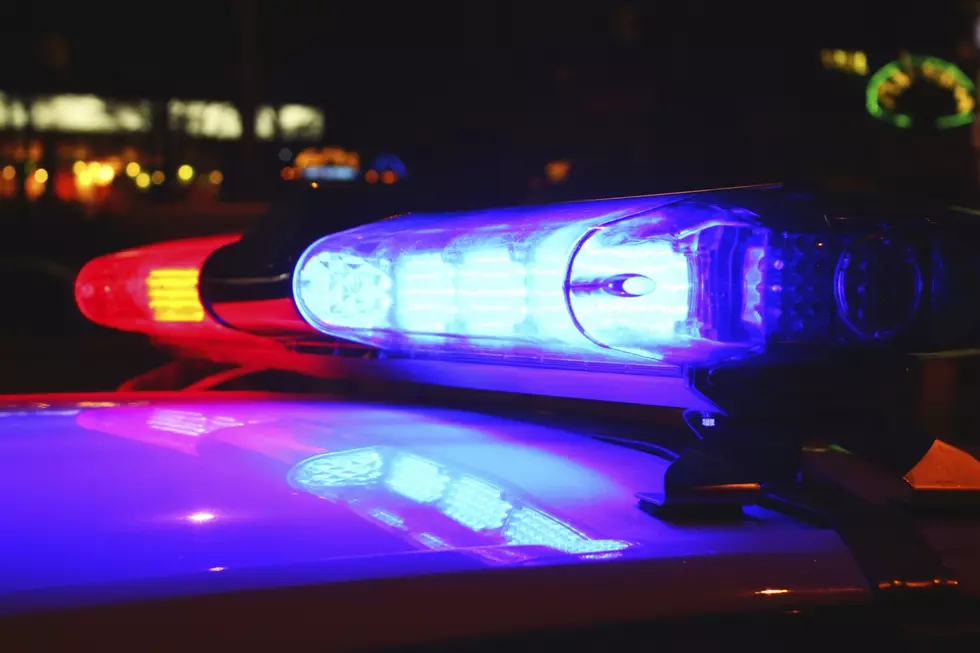
Audubon Says Dump The Feeders For Now To Save The Birds
One of life's simple pleasures is bird watching. Millions of us like to put out seed in our bird feeders and the sit back and watch the action as hungry freeloaders fly in for a meal. I have three feeders on the deck and will occasionally put out seed for quail by my fence.
The colorful feathers, the quick jerky motions, the frequent squabbles over who has the best spot - it's all quite a show. Watching our cats watch the birds is a separate show all in itself. But now the Audubon Society is saying we should suspend these backyard bird bonanzas.
In an article titled Pine Siskins Have Taken Over the Country by Andrew Del-Colle, Site Director and Editor, Audubon Magazine warns that a Canadian invader is overrunning the backyards of America with a potentially dangerous consequence.
When the food supply thins out up north, the Pine Siskins head south looking for seed trees, flowering plants and any backyard feeder they can find ....and that's the problem as reported by Seattle's KING 5 News.
In a facebook news post KING 5 notes, "Washington state officials are asking people to remove bird feeders and baths - anywhere birds congregate - to slow the spread of an often-fatal bacteria."
The Pine Siskins bring huge numbers, a bigger appetite and the very real possibility of carrying salmonella bacteria, which can cause a usually-fatal disease called salmonellosis. The more Siskins that barge in, the greater the chances for the spread of that disease.
KING 5 says "Birders in western Washington are being asked to keep the feeders stored away until at least the end of March, and those east of the Cascades (where colder weather would make feeders enticing longer) are asked to keep them down until the end of April."
Wear gloves and wash your hands because the bacteria, though rare, can be transmitted to humans. The action prescribed - Take your feeders down, clean them with soap and water very thoroughly, disinfect them with a 10% bleach solution, and then keep them down for that time period until this irruption has passed.”
When the Pine Siskins head back home, we all can get back to the business of enjoying our bird feeders and our local feathered friends.
More From News Talk KIT









